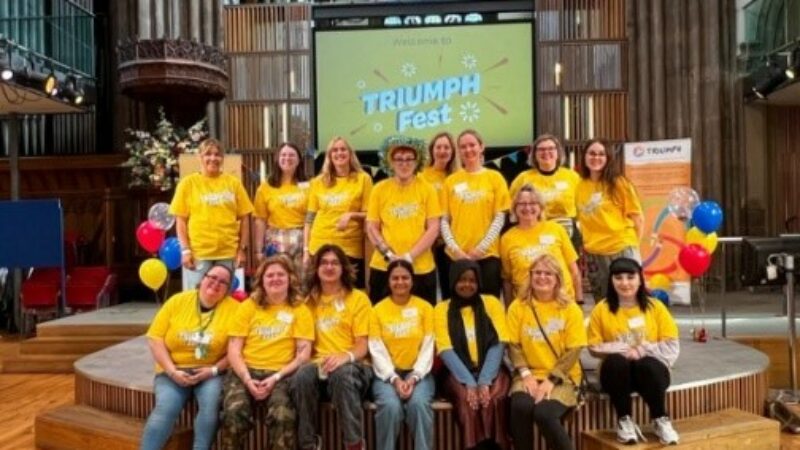Project overview
The CoRAY project is exploring young people’s experiences of being involved in mental health research in some capacity, including patient and public involvement activities.
Young people aged 11-24 are invited to talk to the team about their experiences of taking part in previous mental health research studies when they were between the ages of 11-16.
The CoRAY research team is based at the University of Oxford.
Project details
The project aims to gain an in-depth understanding of young people’s experiences of being involved in mental health research to establish the best ways to involve them in future research.
We want to ensure both young people and researchers can fully benefit from young people’s involvement.
The study recruited five co-researchers with lived experience of mental health problems to be involved in the interviews, analysis, write up and dissemination stages of the research. Employed by McPin, they were recruited from a previous study that we were associated with, where they also worked as co-researchers.
The participants in the study were able to choose whether they wanted to be interviewed by a member of the CoRAY research team, a co-researcher, or both, which meant the co-researchers were given the chance to lead the interviews with the young people themselves.
Training was provided by the CoRAY research team for the co-researchers for both the interviews and analysis stages.
Thematic analysis was used to analyse the interview transcripts. The research team worked with the co-researchers to finalise the themes for the result section of the write up.
By being involved so much with the interviewing and analysis stages, the co-researchers were able to use their experiences of being involved in research themselves to relate to, and really understand, what the participants were saying, both in the interviews and the analysis.
The main themes so far:
- The importance of the young people feeling their involvement in research is seen as meaningful – feeling heard, valued and like they’re having an impact.
- A supportive culture regarding relationships with researchers and peers. This helps the young people feel they’re in a safe place when taking part in the research.
- Investing in young people. The benefits for young people when getting involved in research is important and the researcher should be an active facilitator for these positive outcomes.
- Accessibility and engagement. Research opportunities can be inaccessible to young people and often aren’t advertised to a wide audience. Young peoples’ ability to engage with the research must be inclusive. Consideration should be given to those may encounter difficulties during the project e.g., if they experience mental health issues. Virtual working should also be considered carefully, as there many facilitators and hindrances to working in this way.
The team is working on a co-researcher paper, which will include co-researcher reflections of their involvement in the study.
Information about the results of this study will be added to the Emerging Minds Network website and you can get in touch with the project team on [email protected].
Members of the McPin team and Young People’s Network have helped researchers and clinicians at Emerging Minds and the University of Oxford to create resources to help support young people’s mental health during COVID-19.
Project resources

A qualitative study exploring the benefits of involving young people in mental health research
Related blogs
Related projects
Work with us
We are always excited to hear from others who want to collaborate on mental health research. From delivering peer research to helping you with public involvement strategies and providing training, get in touch to chat.







